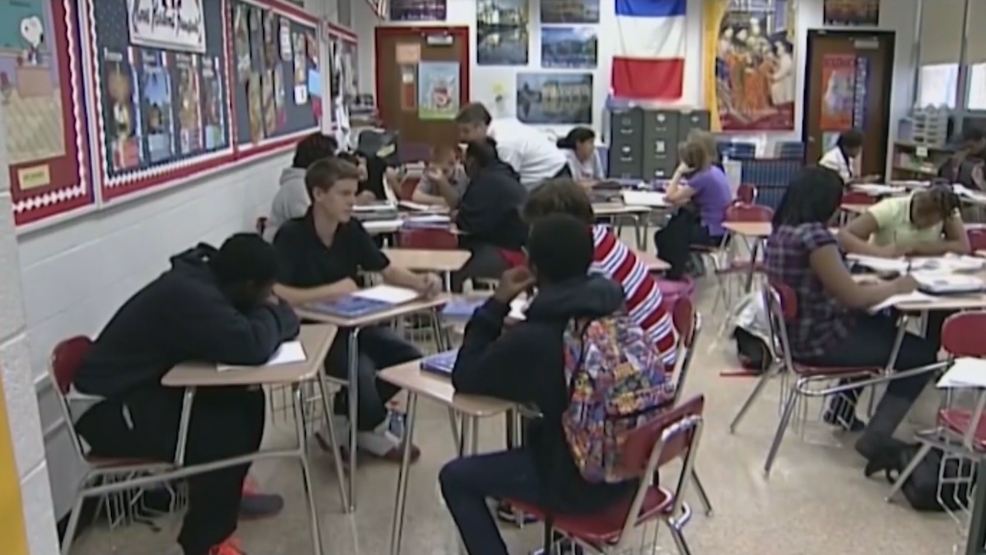Eeyore
War is peace
Offline
Preacher says that through Christ, all things are possible. Therefore, 2+2=18

 abc6onyourside.com
abc6onyourside.com

Ohio House passes bill allowing student answers to be scientifically wrong due to religion
COLUMBUS, Ohio (WKRC) - Ohio lawmakers are weighing in on how public schools can teach things like evolution. The Ohio House of Representatives has already passed the bill. Its sponsor, Timothy Ginter, says he just wants to clarify a student's rights to religious expression, but some lawmakers...
